Lymph Node Surgery & Breast Cancer
Involves surgically removing lymph nodes, usually from the armpit (axilla), to check for cancer cells, determine the cancer’s stage, and plan further treatment
Lymph Node Surgery & Breast Cancer: Patient Guide
Who Is a Candidate (Eligibility)?
- Recommended for most patients with invasive breast cancer, especially when imaging or clinical exams suggest possible spread to axillary (armpit) lymph nodes
- Sentinel lymph node biopsy (SLNB) is offered to early-stage patients with no obvious nodal involvement but still need accurate staging
- Axillary lymph node dissection (ALND) is reserved for patients with multiple positive nodes on pre‑operative biopsy or after a positive SLNB. Typically considered when three or more sentinel nodes contain cancer
- Targeted axillary dissection may be offered when only one or two nodes are involved, aiming to minimise surgical extent and reduce lymphedema risk

Types of Procedures
Sentinel Lymph Node Biopsy (SLNB)
- Involves injecting a small amount of radioactive tracer and/or blue dye near the tumour or nipple to identify the first draining lymph nodes. Usually 1-2 nodes are removed through a small incision under the arm
- If no cancer is found in these sentinel nodes, further axillary surgery is typically avoided
- Lymphedema risk is extremely low, with minimal impact on arm mobility.
Axillary Lymph Node Dissection (ALND)
- Removes approximately 10-20 (up to 40) lymph nodes from axillary Levels I and II (sometimes Level III). Includes most or all lymph nodes under the arm
- Appropriate when multiple nodes are confirmed or suspected to contain cancer
- Carries higher lymphedema risk (approximately 20% lifetime risk), possible shoulder stiffness and pain.
Targeted Axillary Dissection
- A newer technique combining removal of known positive nodes with SLNB, sparing most healthy nodes. Helps reduce risk of lymphedema

Patient Journey: Before, During & After
Pre‑Operative Phase
- Imaging with breast and axilla ultrasound. If abnormal nodes are seen, needle biopsy will be done.
- Multidisciplinary discussion - including surgeon, oncologist, pathologist, radiologist and breast care nurse to tailor plan.
- Discussion of surgical options, risks, benefits, and long‑term implications.
During Surgery
- SLNB and/or ALND are usually performed in the same session as lumpectomy or mastectomy.
- Surgery is done under general anaesthesia; SLNB adds minimal additional time. ALND may marginally extend the duration of procedure
Post‑Operative & Recovery
- Most patients can go home the same day. Pain managed with medications
- Early arm‑shoulder exercises and physiotherapy to prevent stiffness and lymphedema
- Return to light activity and desk work within ~2–4 weeks; avoid heavy lifting for up to 6 weeks after ALND
- Long‑term follow‑up with oncology team to guide chemotherapy, radiotherapy, endocrine or targeted therapy based on lymph node status
Frequently Asked Questions (FAQ)
- SLNB: typically 1-2 nodes
- ALND: usually 10–20, up to 40, depending on clinical findings
Yes; removing axillary nodes doesn’t remove all nodes. Other lymph nodes in the body continue to function normally.
No, its role is diagnostic and staging. Proper lymph node evaluation ensures appropriate additional treatment and reduces recurrence. Recent trials are evaluating when lymph node surgery can be safely omitted.
Studies suggest that in carefully selected early-stage cases, lymph node surgery might be safely skipped, especially when only one or two sentinel nodes are involved and radiotherapy is planned
Why Choose a Specialist Surgeon?
Working with an experienced breast surgeon like Mr Milligan, part of a UK oncological and cosmetic surgery team, ensures:
- Accurate staging and tailored surgical planning.
- Expertise in SLNB, TAD,ALND and reconstruction as needed.
- Integrated care from diagnosis through recovery and adjuvant treatment planning.

Book Your Private Consultation
- Nuffield Health Newcastle Upon Tyne Hospital, Clayton Road, Jesmond, Newcastle Upon Tyne, NE2 1JP
- 0191 281 6131
- newcastle.appointments@nuffieldheath.com
- Tyneside Surgical Services, Independent House, Fifth Avenue, Team Valley Trading Estate, Gateshead NE11 0HF
- 0191 737 1089
- tssl.info@nhs.net
- Secretary: Penny Powell
- 07877 521 230
- Penny@xilium.co.uk

